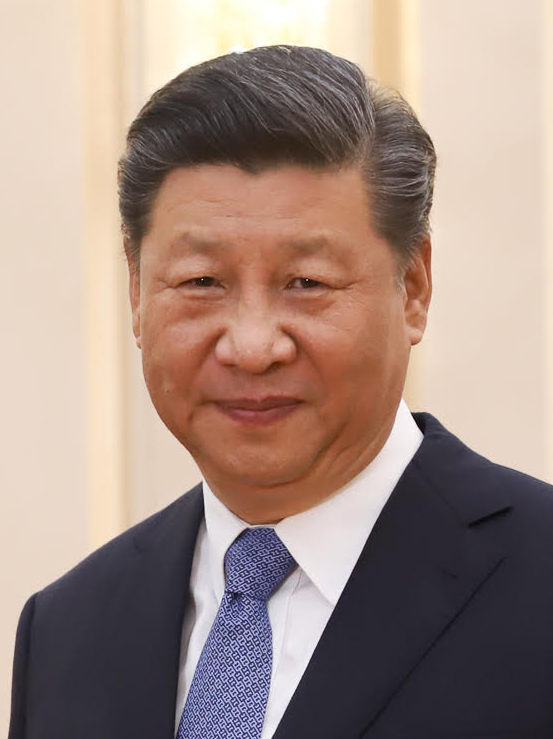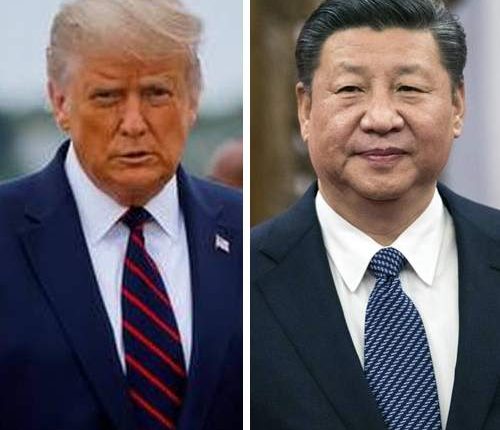New Delhi: Washington has announced that it will require US exporters to apply for a license before they can sell to Semiconductor Manufacturing International Corporation (SMIC) of China.
The US government claims that the chipmaker can use its tech to help China modernize its armed forces.
SMIC & (SIUIF) says it has no relationship with the Chinese military.
The company in its statement acknowledged that while the restrictions are unlikely to hurt its short-term operations, its loftier goals are in doubt.
The new US rules will have “a material adverse effect” on its ability to develop highly advanced chips, it said.
That’s because Washington has said that any request to export tech needed to produce super advanced chips “will be subject to a presumption of denial” – a major problem for SMIC, which uses American-made software and equipment to create its chips. (The US Department of Commerce defined “super advanced” as any semiconductor smaller than 10 nanometres)
“We think this is one of many blows to China, limiting its rise as a tech superpower,” said Phelix Lee, an equity analyst, in a research note published earlier this month that anticipated US export restrictions.
“Although Chinese substitutes have emerged in parts of the supply chain, their specifications are typically two to three generations behind,” he pointed out in a separate report published in September.
It’s clear that investors are worried about the company’s future. SMIC’s Hong Kong-listed shares were down 0.9% to close at 18.96 Hong Kong dollars ($2.50) on Tuesday, their lowest value in more than two months. They’ve lost 4.5% since the US ban was announced.

The pressure from Washington also highlights how important – and challenging – it will be for China to find a solution to SMIC’s woes.
Lee said he expects China could create more policies supportive of the chipmaking sector. He suggested the government could provide grants for chip research or offer tax breaks for semiconductor equipment.
China is already starting to do that: Earlier this month, the government unveiled rules that will allow the country’s chipmakers to be exempt from corporate income taxes for several years if they meet certain requirements. And Chinese President Xi Jinping recently said at an economic conference that the country needs to “strengthen China’s strategic tech power” so it can break a “foreign stranglehold” on key tech, according to state news agency Xinhua.
And analysts at Bernstein wrote in a Sunday research note that they expect China to bail out SMIC, if necessary.

Beijing will have an opportunity to reset relations next month, when President-elect Joe Biden takes office. Observers have said they expect Biden to strike a more diplomatic tone than President Donald Trump, though tensions likely won’t evaporate completely.
This article first appeared in the NFA Post and is republished with permission.









